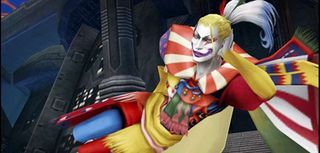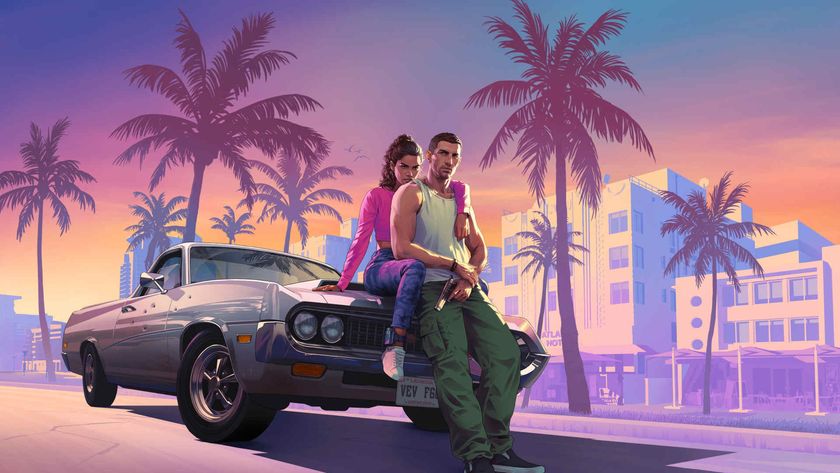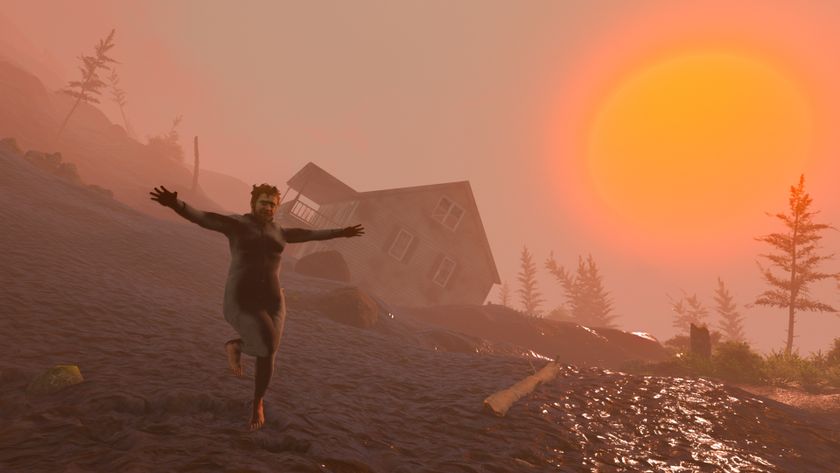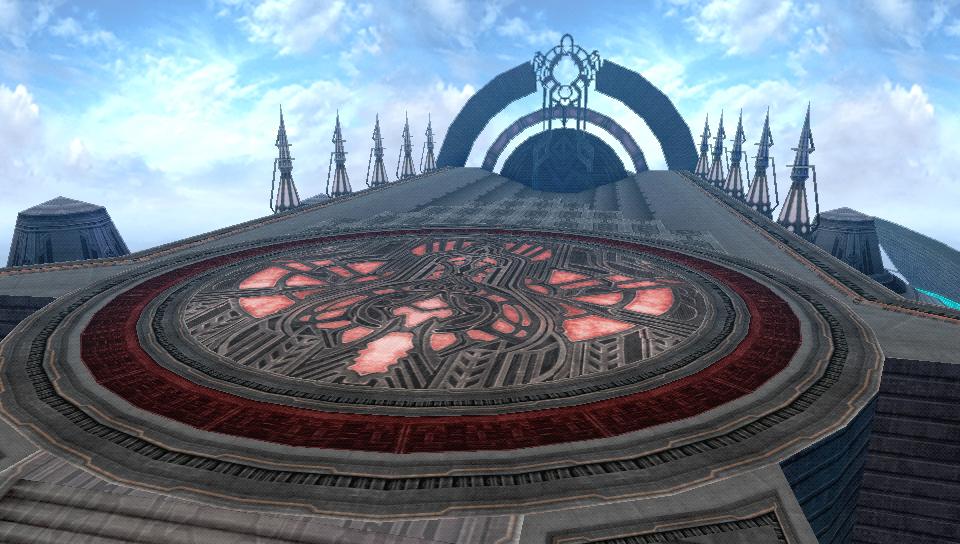12DOVE Verdict
Pros
- +
Fresh combat
- +
Deep RPG mechanics
- +
Familiar cast
Cons
- -
Flawed presentation
- -
Painful difficulty spikes
- -
Uninspired narrative
Why you can trust 12DOVE
When you sprinkle the words “Final Fantasy” into the title of your videogame, there are certain expectations: epic fantasy, cutting-edge RPG mechanics, spiky-haired heroes of ambiguous gender. When you attach words like “dissidia” or “duodecim” to the front of the Final Fantasy brand, though, expectations can often mutate into confusion, which is appropriate: DDFF is a rather confusing game.
Don’t get us wrong: there are a lot of traditional Final Fantasy tropes here. Not only does the game sport a cast drawn from every numbered Final Fantasy game ever, there is a ton of instantly recognizable JRPG mechanics. You’ll pile up XP, AP, KP, and a host of other Ps to level your character and improve their skills, attributes, and gear. There’s an overworld map on which you’ll encounter enemies and discover treasure before being whisked onto the battle map. The cutscenes are beautifully rendered and often poorly translated. It is, in other words, very thoroughly a Square Enix RPG.
Where DDFF departs from the familiar JRPG blueprint is in its combat. Eschewing the turn-based, menu-heavy systems of yore, DDFF presents the player with high-octane battles that have more in common with fighting games than traditional RPGs. Much like an over-the-top battle sequence from your favorite anime, heroes clash with villains in third-person combat that explodes with flashy effects and giant summons. Players chain combos together to build their “bravery,” which reflects how much damage they’ll inflict when they unleash HP attacks, and can call on other heroes for assists or enter a devastating EX Mode to deal out massive punishment.

Above: Oh?Tell me more about me
Though at first the combat seems frenetic and random, as more of the systems are exposed and players get a handle on some basic strategy it proves to be a fairly interested, layered affair. While not as deep and nuanced as most modern fighting games, DDFF does introduce enough interesting elements to avoid being a spammy button masher, and there’s a lot to be said for the high level of energy and fluidity.
Where the battle system suffers is in presentation. All the flashy effects and the relatively small size of the character models mean that the combatants are often lost in the shuffle, overwhelmed by explosions and shockwaves. The camera and layout of a lot of the arenas also don’t do the game any favors. While it’s possible to manually adjust the camera, doing so requires you to stop maneuvering your character, which is never a good idea if you value your precious hit points. Because of the way you and your opponent are always rushing around and the way the levels are so often set up in multiple elevations and tiers, it can be frustrating to keep track of where you are in relation to your opponent.
The story follows the heroes and heroines of the numbered Final Fantasy titles, who have been kidnapped by shadowy entities representing order and chaos and pitted against each other in a battle for supremacy. It’s a serviceable narrative, though it’s never particularly compelling, and some of the dialogue suffers from shoddy localization.

Above: With all those effects, something awesome must be happening... right?
DDFF is an interesting take on a lot of well-worn ideas - never exceptional, though usually a lot of fun. Though it suffers at times because of presentation issues and from some uneven spikes in difficulty, it’s a refreshing deconstruction of the sort of games Square Enix has been churning out for years, and a notable entry in one of the world’s longest running franchises.
Apr 7, 2011
More info
| Genre | Action |
| Description | DDFF bring a whole lot of Final Fantasy to the table, but avoids the “just another JRPG pitfall” with its high-octane combat and interesting hybrid systems. |
| Franchise name | Final Fantasy |
| UK franchise name | Final Fantasy |
| Platform | "PSP" |
| US censor rating | "Teen" |
| UK censor rating | "12+" |
| Release date | 1 January 1970 (US), 1 January 1970 (UK) |
Alan Bradley was once a Hardware Writer for GamesRadar and PC Gamer, specialising in PC hardware. But, Alan is now a freelance journalist. He has bylines at Rolling Stone, Gamasutra, Variety, and more.

Ahead of GTA 6, Take-Two CEO says he’s “not worried about AI creating hits” because it’s built on recycled data: “Big hits […] need to be created out of thin air”

Getting Over It creator Bennett Foddy threatens the world once again: If you want Baby Steps to be a brutal rage game, "you can inflict that on yourself"

A Simpsons Hit and Run Remake will probably never happen – and I don't want it to











